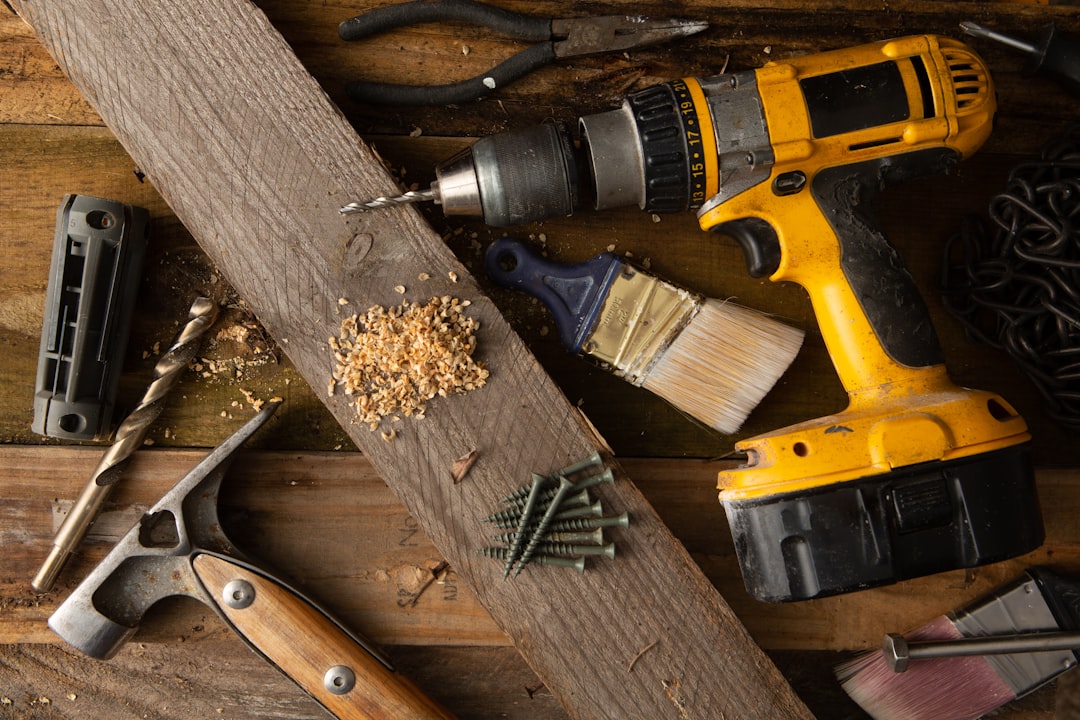
When it comes to working with steel, one of the most crucial tools you need is a reliable set of drill bits. The type of drill bit you choose can significantly impact the efficiency and quality of your work. Steel is a tough material, and using the wrong drill bit can lead to problems such as overheating, dull edges, or even breakage. Understanding what makes a drill bit suitable for steel can save both time and effort.
Drill bits designed for steel are typically made from high-speed steel (HSS), cobalt, or carbide. High-speed steel drill bits are popular due to their affordability and general versatility. They can handle various metals, including steel, with reasonable effectiveness. However, for more demanding tasks, cobalt drill bits are a preferred choice. Cobalt is an alloy, and its addition to the bit increases durability and heat resistance, making it suitable for tougher grades of steel. For the most challenging jobs, carbide drill bits offer exceptional hardness and are often used in professional settings.
It’s essential to match the drill bit to the specific job requirements. For instance, when drilling through hardened steel, a cobalt or carbide bit is usually recommended due to its ability to maintain sharpness under high temperatures. These bits can withstand the friction and heat generated when drilling through tough materials. If you’re interested in exploring different types of drill bits for steel, there are many options available that cater to various needs and budgets.
Another critical factor to consider is the drill bit’s tip angle. Standard drill bits typically have a 118-degree point angle, which is suitable for softer materials. However, a 135-degree tip is better for harder materials like steel, as it reduces walking and helps the bit penetrate the surface more easily. This geometry enables a more precise start and requires less effort from the user, reducing wear on both the bit and the drill.
Proper lubrication is also vital when drilling through steel. Lubricants help reduce friction and heat, prolonging the life of the drill bit. Oil-based lubricants are commonly used for this purpose, and applying a few drops to the bit before starting can make a significant difference in performance and longevity. Additionally, maintaining a steady speed and applying consistent pressure will help avoid overheating.
For those looking to invest in quality tools, visiting a reputable source can make a difference in finding the right products. Websites like Eugene Fast offer a wide range of fasteners and tools that cater to both amateur and professional needs. Having access to a variety of options allows you to select the most appropriate tools for your specific projects.
In conclusion, selecting the right drill bit for steel involves considering the material of the bit, its angle, and the necessary lubrication. By understanding these factors, you can improve your drilling efficiency and ensure a smoother, more effective process. Whether you’re a seasoned professional or a DIY enthusiast, having the right tools at your disposal is key to achieving the best results when working with steel.




